Intro
Discover the role of court reporters in the justice system. Learn what court reporters do, from recording testimony to creating transcripts, and how they ensure accuracy and impartiality. Explore the skills and training required to become a court reporter, and understand their importance in legal proceedings, depositions, and hearings.
Court reporters play a crucial role in the administration of justice, but their responsibilities often remain shrouded in mystery. Many people are familiar with the image of a court reporter sitting in the courtroom, fingers flying across a stenotype machine, but few understand the intricacies of their job. In reality, court reporters are highly skilled professionals who perform a multitude of tasks, from recording testimony to creating verbatim transcripts of court proceedings.
What is a Court Reporter?
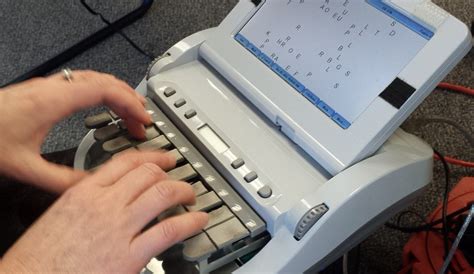
A court reporter is a trained professional responsible for creating a written record of spoken testimony, arguments, and other proceedings in a courtroom or deposition setting. They use specialized equipment, such as stenotype machines or digital recording devices, to capture every word spoken during a proceeding. Court reporters are essential to the judicial process, as they provide a permanent and accurate record of events.
Types of Court Reporters
There are several types of court reporters, each with their own unique responsibilities and areas of specialization:
- Official Court Reporters: These reporters are employed by the court to provide official transcripts of proceedings. They are responsible for creating verbatim records of trials, hearings, and other court events.
- Freelance Court Reporters: Freelance reporters work on a contract basis, providing reporting services to attorneys, courts, and other clients. They may specialize in specific areas, such as depositions or arbitration hearings.
- Broadcast Captioners: These reporters provide real-time captioning for live television broadcasts, such as news programs, sports events, and emergency alerts.
- Communication Access Realtime Translation (CART) Providers: CART providers offer real-time transcription services for individuals who are deaf or hard of hearing. They may work in a variety of settings, including classrooms, meetings, and conferences.
The Role of a Court Reporter
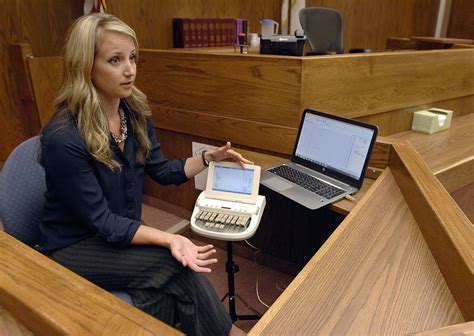
Court reporters play a critical role in the administration of justice. Their responsibilities include:
- Creating Verbatim Transcripts: Court reporters use specialized equipment to capture every word spoken during a proceeding. They create a permanent and accurate record of events, which can be used as evidence or for appellate purposes.
- Providing Real-Time Transcripts: Some court reporters offer real-time transcription services, which allow attorneys, judges, and other parties to view the transcript as it is being created.
- Reviewing and Editing Transcripts: After a proceeding, court reporters review and edit their transcripts to ensure accuracy and completeness.
- Maintaining Confidentiality: Court reporters are bound by confidentiality agreements and must protect sensitive information revealed during proceedings.
Skills and Qualifications
To become a successful court reporter, one must possess a unique combination of skills and qualifications:
- Speed and Accuracy: Court reporters must be able to capture spoken testimony at speeds of up to 225 words per minute, with a high degree of accuracy.
- Knowledge of Court Procedures: Reporters must have a thorough understanding of court procedures, including rules of evidence and trial protocol.
- Stenotype Machine Proficiency: Court reporters must be proficient in the use of stenotype machines or digital recording devices.
- Strong Attention to Detail: Reporters must be meticulous in their work, ensuring that every word is accurately captured and recorded.
Education and Training

To become a court reporter, one must complete a formal education program and obtain certification. Here are the typical steps:
- Associate's Degree: Most court reporters hold an associate's degree in court reporting or a related field.
- Court Reporting Program: Students must complete a court reporting program, which includes coursework in stenotype theory, machine shorthand, and court procedures.
- Certification: Court reporters must obtain certification from a professional organization, such as the National Court Reporters Association (NCRA). The most common certification is the Certified Shorthand Reporter (CSR) designation.
Certification and Licensing
Certification and licensing requirements for court reporters vary by state. Here are some common certifications and licenses:
- Certified Shorthand Reporter (CSR): This certification is offered by the NCRA and is recognized nationwide.
- Registered Professional Reporter (RPR): This certification is also offered by the NCRA and is recognized nationwide.
- State Licensing: Some states require court reporters to obtain a license to practice. Licensing requirements vary by state.
Challenges and Opportunities

Court reporters face a number of challenges and opportunities in their profession:
- Technological Advancements: The increasing use of digital recording devices and real-time transcription software has changed the face of court reporting.
- Growing Demand: The demand for court reporters is growing, driven by an increasing need for accurate and reliable transcripts.
- Specialization: Court reporters can specialize in specific areas, such as depositions or arbitration hearings, to increase their earning potential.
Career Outlook
The career outlook for court reporters is strong, with a growing demand for their services. Here are some statistics:
- Job Growth: The Bureau of Labor Statistics predicts a 3% growth in employment opportunities for court reporters through 2028.
- Median Salary: The median salary for court reporters is $62,000 per year, according to the Bureau of Labor Statistics.
- Freelance Opportunities: Freelance court reporters can earn higher salaries, up to $100,000 per year or more.
Court Reporter Image Gallery

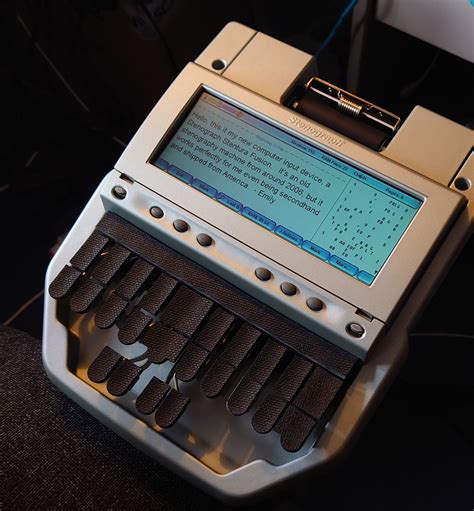

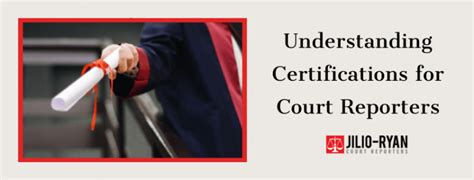


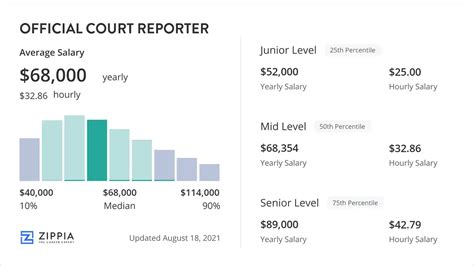
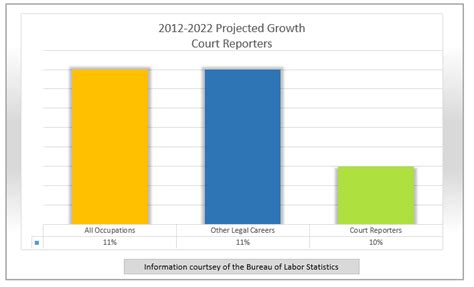


We hope this comprehensive guide has provided you with a deeper understanding of the role of a court reporter. From creating verbatim transcripts to providing real-time captions, court reporters play a vital role in the administration of justice. If you have any further questions or would like to learn more about the profession, please don't hesitate to comment below or share this article with others.
